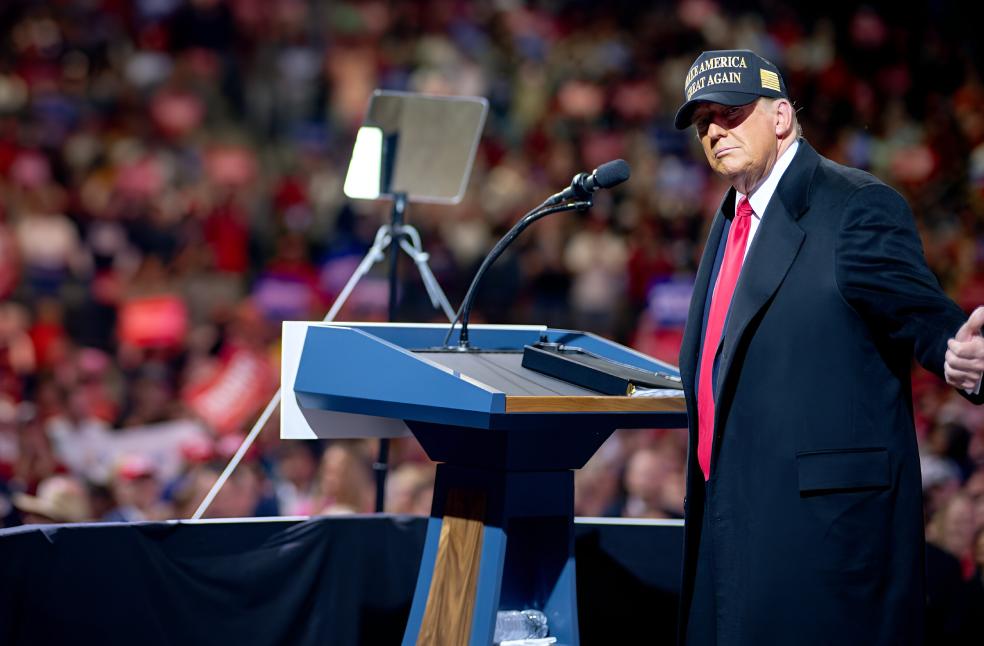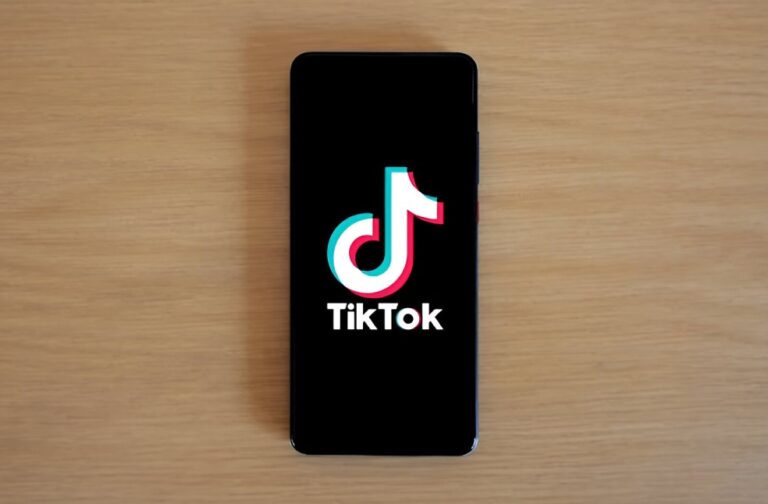United States: TikTok has resumed its services to the 170 million users in the United States following an intervention from President-elect Donald Trump. The popular Chinese-owned app had been temporarily disabled after a law banning it, citing national security concerns, came into effect.
However, Trump announced that he would allocate an executive order to delay the enforcement of the law, offering more duration to negotiate a potential solution. TikTok quickly responded, restoring its services and allocating a message thanking Trump by name.
In a statement, the company voiced gratitude to the incoming president for providing the “necessary clarity and assurance” and affirmed its readiness to work on a long-term solution to keep the app operational in the U.S.
Trump had previously reinforced a TikTok ban, but more recently showed support for the platform, noting its position in his presidential campaign. On his social media platform, Truth Social, he expressed his intent to extend the period before the law’s prohibitions took effect, giving time for negotiations to protect U.S. national security.
The law, which was enacted last April, mandates that ByteDance, TikTok’s parent company, sell its U.S. operations to avoid a ban. This provision was upheld by the U.S. Supreme Court earlier this week. TikTok, in turn, had argued that the law violated the First Amendment rights of its users.

Despite the law’s passage with bipartisan support, Trump’s stance has sparked controversy, including a public split within the Republican Party. Senator Tom Cotton, a persistent critic of TikTok, voiced opposition to any actions that would allow the platform to stay operational in the U.S., warning of potential legal liabilities for any companies involved in hosting or distributing the app.
While the legality of Trump’s executive order remains uncertain, his decision provides a reprieve for TikTok users. The move also opens the door for discussions on a long-term solution, with the president-elect promising to protect companies from legal consequences for helping keep the app online.
However, experts suggest that the law may still face challenges in court, with potential ramifications for app stores and hosting platforms. As the situation unfolds, questions remain about the potential long-term impact on TikTok’s functions in the U.S. and whether further legal hurdles could arise in the coming months.



